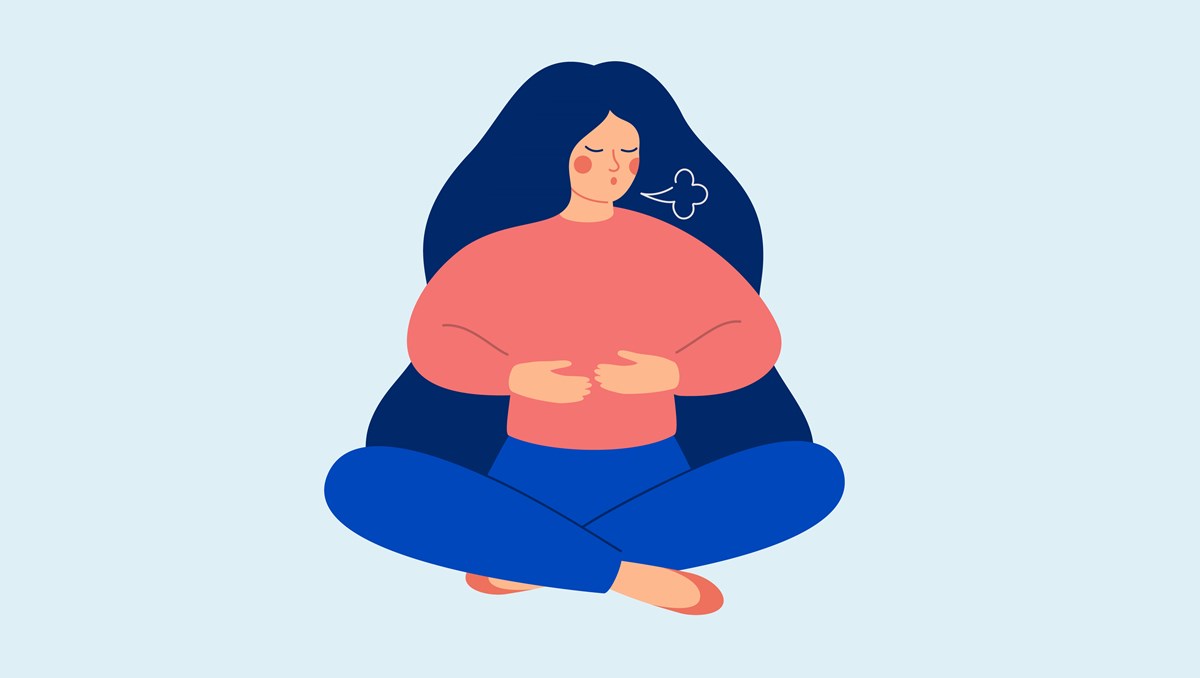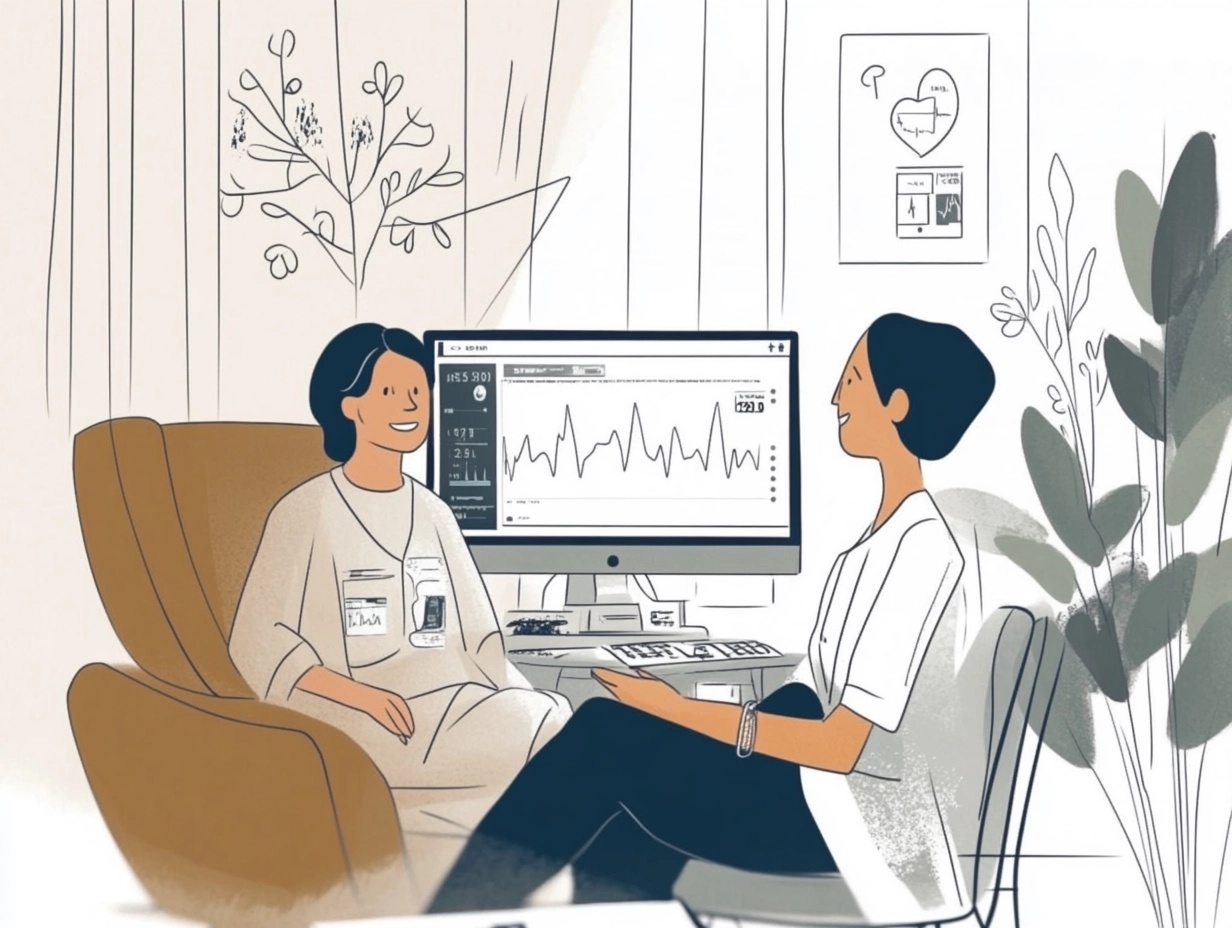Mental health is important, but it can be expensive to see a therapist. If you’re looking for ways to improve your mental health on a budget, here are five options that are cheaper than therapy. From journaling to progressive muscle relaxation, these techniques can help you feel better without breaking the bank. Give them a try and see what works for you.
Talk to a friend or family member about what’s going on in your life
Talking to a friend or family member about what’s going on in your life is an important way to maintain social connection, which has been linked to better overall physical and mental health.
Research into social support shows that social interactions can positively affect stress levels and also provide reassuring cues, sometimes known as “nervous system co-regulation,” that help us feel more secure.
Plus, when we are connected with supportive people and networks, this process boosts our self-esteem and motivation in ways that profoundly impact both the short and long-term outlook of our lives.

Write down your thoughts and feelings in a journal
Keeping a journal to write down your thoughts and feelings can be incredibly beneficial for your mental health. Taking time each day to check in with yourself can help to raise mindfulness and awareness of your emotional state, allowing you to better monitor, manage, and understand what’s happening for you.
It helps to create a safe space for emotions, allowing it to all come flooding out onto the page where we can explore them. Writing gives us the opportunity to objectively confront our thinking patterns and modify any that might be leaving us feeling negative or discouraged.
Simply jotting down how you’re feeling each day is an effective tool for giving ourselves permission and permission to appreciate, process, and let go of difficult experiences, setting us up for better days ahead.

Take up a relaxation activity like yoga, HRV biofeedback, or meditation
Taking time to relax can help you stay focused and find balance during a busy day or week. Yoga and meditation are two great ways to do this – they’re simple, but powerful tools that can help you regulate your heart rate and nervous system, allowing for better internal balance.
Additionally, heart rate variability biofeedback is an effective relaxation technique, pairing heart-rate analysis with deep breathing exercises, like those found in mindfulness practice. From yoga to breath work, it’s worth getting creative with relaxation activities; ultimately the goal is to reduce stress, which is achievable with any activity that helps you become mindful and breathe more deeply.

Try aromatherapy to soothe the senses
Aromatherapy can be a great way to relax and improve mental health. Essential oils like lavender, chamomile, and bergamot are known for their calming effects on the nervous system, promoting relaxation and reducing stress levels. A few drops of essential oil in an ultrasonic diffuser or a few drops rubbed onto the temples or wrists are easy and effective ways to use this form of therapy.
Try mindfulness activities like coloring, puzzles, or walking

Mindfulness practices can help us stay present in the moment and detach from our worries. Coloring books, Sudoku or crossword puzzles, jigsaw puzzles, and word searches are all great ways to stay engaged and mindful, creative activities like painting or drawing can also provide a form of self-expression.
Walking is an especially powerful way to practice mindfulness, as it combines physical activity with the opportunity to observe nature, cultivate awareness, and develop a sense of inner peace.
These five strategies are just some of the many ways to nurture your mental health and wellbeing. Everyone’s journey will look different, so it’s important to recognize what works best for you and be gentle with yourself throughout the process.
Ultimately, taking steps to focus on your mental health is a powerful way to create lasting change in your life. So don’t wait – start today!





Leave a Reply
You must be logged in to post a comment.